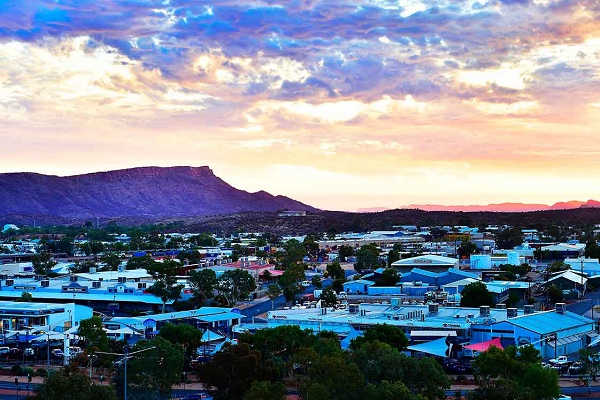A clean energy future for Alice Springs
On behalf of the Australian Government, the Australian Renewable Energy Agency (ARENA) has announced $2.17 million to support the Alice Springs Future Grid Project.
The two year project will focus on addressing barriers to further renewable energy penetration in the local electricity network.
ADVERTISEMENT
Currently, Alice Springs has approximately 10% renewable energy generation and faces a unique challenge in overcoming system strength issues to serve approximately 30,000 people, with communities stretching as far as 130km from the town.
The $9.3 million project will address technical, regulatory, social and economic challenges with energy transition in the town’s isolated grid through a series of sub projects including:
- A large scale battery system
- A residential battery trial for up to 50 customers, with batteries aggregated and controlled to provide voltage support to the network
- Tariff reforms to investigate the commercial and other incentives required to encourage a change in consumer behaviour to facilitate higher uptake of household batteries with rooftop solar
- A roadmap for how the Alice Springs electricity grid could operate with 50% renewables by 2030.
Alice Springs Future Grid is led by the Intyalheme Centre for Future Energy, a flagship project of Desert Knowledge Australia (DKA), supported by the Northern Territory Government. ARENA’s funding is provided through the Desert Knowledge Research Institute.
The ARENA funding will complement the $3.19 million in funding DKA received as part of the Australian Government’s $50 million Regional and Remote Communities Microgrid Fund.
ARENA chief executive Darren Miller says this project would provide much needed support to help the town overcome challenges, and transition towards renewable energy solutions: “This project will lead to the development of a tangible roadmap for increased renewable energy adoption in Alice Springs. The lessons learned will also contribute to the broader Northern Territory and other remote Australian microgrid communities.”
-
ADVERTISEMENT
-
ADVERTISEMENT


